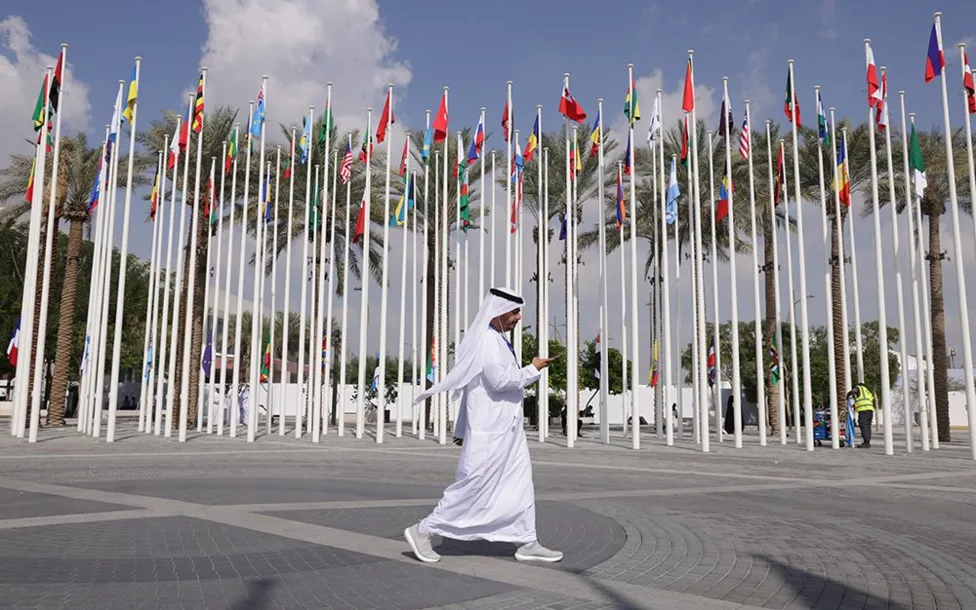KATHMANDU: The world finds itself at a critical juncture as COP28 unfolds in Dubai, hosted by the United Arab Emirates.
As over 70,000 delegates convene to address the undeniable and irreversible impacts of global warming and climate change, the urgency of the climate crisis cannot be overstated.
While the conference serves as a multilateral decision-making forum, the pressing question remains: will COP28 be a catalyst for tangible change or another arena of empty promises?
The gravity of the situation is clear – more than 40% of the global population is highly vulnerable to climate change, with rising temperatures reaching an alarming 1.1°C and heading towards the critical threshold of 1.5°C.
The past five years stand as the hottest on record since 1850, according to the Intergovernmental Panel on Climate Change (IPCC), underlining the severity of the crisis we face.
The failure of nations to curb greenhouse gas emissions and limit global temperature rise despite agreements, such as the Paris Agreement, is evident.
Between 2010 and 2020, vulnerable regions, including parts of Africa, South Asia, and Central and South America, experienced 15 times more casualties from floods, droughts, and storms – all interconnected with climate change in one way or another.
The environmental toll is stark, with coral reefs bleaching, trees succumbing to drought, and the loss of snow in mountains, while Antarctica and the Arctic face ice depletion, posing severe threats to biodiversity.
COP27 in Egypt took a commendable step by establishing a fund for loss and damage, yet questions linger about who will step forward to contribute.
The IPCC’s findings paint a dire picture of escalating global surface temperatures, sea level rise, and the alarming retreat of glaciers and Arctic sea-ice. The urgency is undeniable, yet the real question lies in the collective commitment to meaningful action.
While the reports underscores the grim realities of climate change, scientists offer a glimmer of hope. Cutting global emissions by half by 2030 and achieving net-zero emissions by the mid-century could potentially halt and reverse temperature rise.
This involves a concerted effort to reduce emissions using clean technology, coupled with carbon capture and storage, and extensive reforestation.
As COP28 unfolds, optimism mingles with skepticism. The conference provides an opportunity for nations to reevaluate their commitments, foster global collaboration, and translate words into impactful actions.
The responsibility lies not only with governments but also with businesses and institutions, particularly in developed and developing nations, to address unchecked practices and usher in a transition towards renewable energies.
In the face of adversity, the global community must seize this moment to usher in a new era of sustainable practices, leaving a legacy of resilience and responsibility for future generations.
COP28 is not just a meeting; it is a collective chance for humanity to rewrite the narrative of our relationship with the planet. Let the discussions be the catalyst for the change our world so desperately needs.









Comment